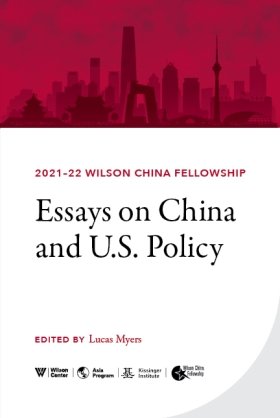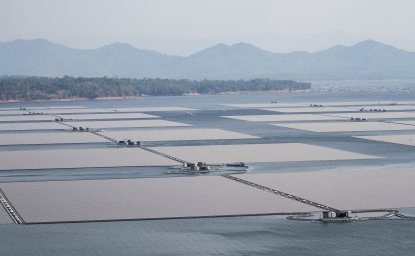Understanding the #MilkTeaAlliance Movement

Abstract
#MilkTeaAlliance is a pan-Asia online civil solidarity movement that began in April 2020, but observers identified two distinct elements driving this movement: anti-China sentiment and a pro-democracy spirit. This project analyzes 3 million #MilkTeaAlliance tweets between April 2020 and December 2021, trying to disentangle how East and Southeast Asian netizens communicated and mobilized through this hashtag across borders. The results show that Thai-speaking Twitter users contributed to more than 50 percent of all #MilkTeaAlliance tweets globally, and several waves of hashtags in 2020 mostly reflect the political challenges Thai people faced. Network and key-ness analysis show that discussion through the #MilkTeaAlliance hashtag was mainly about counterarguments to China’s narrative of globalization in its early stages and was tweeted in English. Months later, attention gradually shifted to human rights and supporting detained and repressed activists, and the tweets were mostly not written in English. While the shift and decline in the number of hashtags reflect the limitation of this online movement, especially during the COVID-19 pandemic, the dynamic and mobilization in #MilkTeaAlliance also evidence the desire and necessity of a durable platform for exchanging experience and enriching the narratives among activists and netizens in East and Southeast Asia.
Implications and Key Takeaways
- The dynamic in the #MilkTeaAlliance movement indicates that activists and netizens in East and Southeast Asia desire and need a platform for exchanging experiences and learning from each other. A durable and better-organized platform can help them accumulate information, experience, and resources.
- Analysis of the geolocation and language used in tweets shows that many active members in #MilkTeaAlliane have a strong connection to both the United States and the alliance member countries, possibly their countries of origin. A U.S.-based durable platform may facilitate collaboration among the #MilkTeaAlliance members.
- The formation of counterarguments against China’s narrative of globalization in the early stages of #MilkTeaAlliance suggests that cross-country collaborations indeed benefit the activists across Asia. This movement serves as a means to empower civil society in democracies and counter China’s ideological expansion through international organizations.
- The surge and decline of the #MilkTeaAlliance movement imply that international attention plays an important role in supporting democratization in Asia, but democratization needs more than just international attention.
Authors

Assistant Professor, Department of Political Science, University of Nevada, Las Vegas



